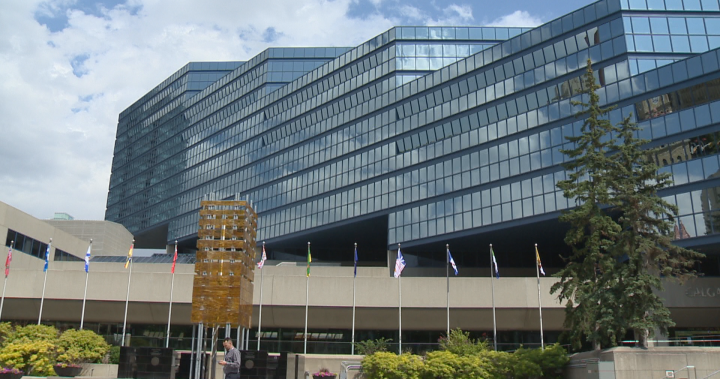I still remember the chill in Council Chambers last Tuesday when the debate over city administration oversight reached its boiling point. After covering City Hall for nearly a decade, you develop a sense for when the usual political theater transforms into something more significant.
Several Calgary city councillors are now pushing for an independent review of the city’s administrative structure, arguing the current system lacks proper oversight and transparency. As someone who’s witnessed the gradual evolution of these concerns, I can tell you this isn’t just routine political posturing.
Councillor Dan McLean has emerged as one of the leading voices calling for this review, pointing to what he describes as a “bureaucratic quagmire” that hampers effective governance. “We need a fresh set of eyes to evaluate how decisions are being made,” McLean told me during a brief interview after the council meeting. “The current structure simply doesn’t provide enough accountability to taxpayers.”
The frustration stems from what many councillors see as an administration that operates with too much autonomy and too little council direction. This dynamic has created friction points across several major city projects over the past few years.
Mayor Jyoti Gondek has acknowledged these concerns but cautions against hasty restructuring. “We need to be thoughtful about any changes to our administrative model,” she noted during Tuesday’s meeting. “Stability in governance matters, especially when we’re navigating complex city-building initiatives.”
The calls for review come amid Calgary’s broader struggles with budget constraints and shifting economic realities. Our city’s transition away from heavy dependence on the energy sector has placed additional pressure on administrative efficiency.
According to city documents I’ve reviewed, Calgary’s administrative structure hasn’t undergone a comprehensive independent evaluation since 2016. That assessment, conducted when Naheed Nenshi was mayor, recommended several changes that critics argue were never fully implemented.
The proposed review would examine reporting relationships, decision-making protocols, and the balance of power between elected officials and city managers. These structural questions might seem technical, but they directly impact how quickly potholes get filled, how development permits are approved, and ultimately how tax dollars are spent.
Ward 1 Councillor Sonya Sharp, who seconded the motion for review, pointed to specific instances where administrative decisions seemed to contradict council direction. “When we approve a policy and then see implementation that doesn’t reflect our intent, that’s a governance problem,” Sharp explained during our conversation at a community event last weekend.
What makes this situation particularly notable is the unusual coalition forming around the issue. Councillors who rarely align politically are finding common ground in their frustration with administrative processes.
The city administration, led by City Manager David Duckworth, has responded carefully to these criticisms. In a statement provided to me yesterday, Duckworth noted: “We welcome council’s feedback and are committed to improving our processes. Our team works diligently to implement council’s vision while managing day-to-day city operations.”
But some councillors remain unconvinced. One, speaking on condition of anonymity due to the sensitivity of ongoing discussions, shared that “there’s a sense among many of us that recommendations from council get filtered through too many layers of bureaucracy, emerging unrecognizable at the implementation stage.”
Data from the city auditor’s office shows that Calgary’s administrative structure includes approximately 15,000 employees across 35 business units. This sprawling organization manages everything from transit operations to development approvals, with an annual operating budget exceeding $4 billion.
For average Calgarians, the implications of this debate might not be immediately obvious. However, as I’ve observed covering numerous city initiatives, administrative structure directly impacts service delivery efficiency and ultimately determines how effectively your tax dollars translate into city services.
The motion for an independent review is expected to return to council for final approval next month, with potential consultants already being identified. If approved, the review would likely take six to eight months to complete, with recommendations coming back to council by early next year.
As Calgary continues navigating post-pandemic recovery and economic diversification challenges, this governance question underscores a fundamental tension in municipal politics – finding the right balance between professional administration and democratic oversight.
Having watched similar reviews unfold in Edmonton and Ottawa in recent years, I can tell you these processes often reveal deeper tensions than initially apparent. The question isn’t just about organizational charts – it’s about who truly drives the direction of our city.
For now, Calgarians should watch this space. The outcome of this debate may determine not just who makes decisions at City Hall, but how responsive those decisions will be to community needs for years to come.







